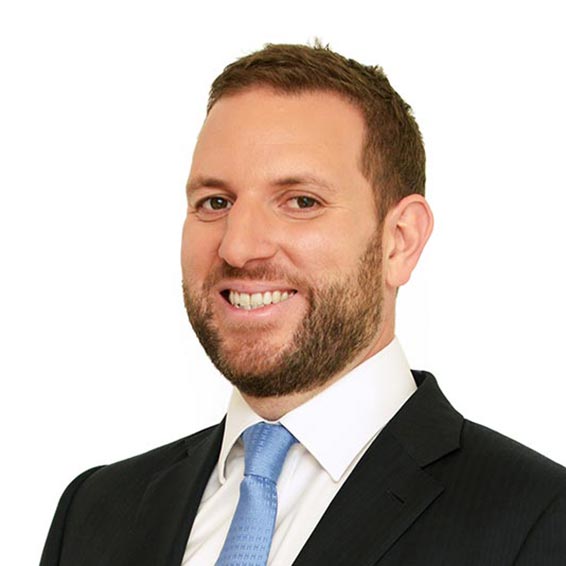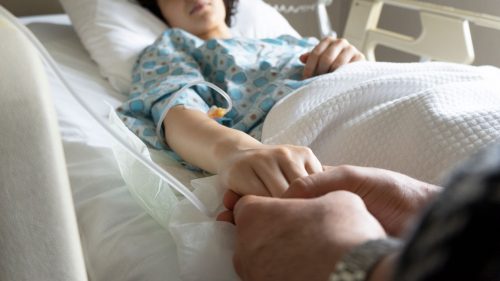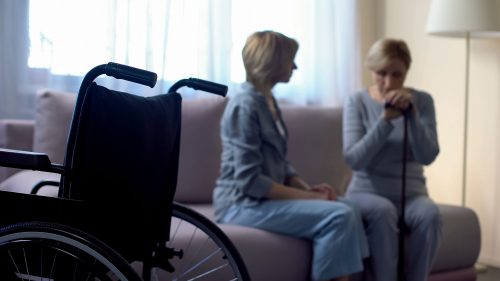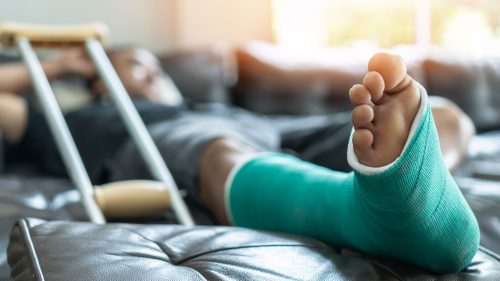
To prove medical negligence, your claim must prove the four D’s: Duty, dereliction, damages, and direct cause. Contact us today for a free consultation.
Do you feel you have been a victim of medical negligence?
It’s the responsibility of your healthcare professionals – from doctors and nurses to pharmacists and dentists – to take care of you. Yet sometimes, their treatment fails to meet the standard you would expect and they may be guilty of medical negligence.
If you think you have a medical negligence case, you will need the help of experienced lawyers in medical malpractice and negligence. We can help you build a case and claim for damages.
To do this, we have to prove the four ‘D’s of medical negligence; duty, dereliction, damages, and direct cause.
Duty
Every time you receive treatment from a healthcare provider, you expect a certain standard of care. And that’s not just a reasonable expectation – it’s a legal obligation.
All healthcare providers have a duty of care that they must uphold. Their treatment services must be at a certain standard that you could expect from someone with their level of training and experience. This remains true whether you’re getting a simple filling from your dentist or open heart surgery from the top cardiothoracic surgeon in the country.
To prove duty of care, we must simply prove that you had a practitioner-client relationship with the provider.
Dereliction
Dereliction is also sometimes known as the ‘deviation’ D, as in a deviation from the standard of care. Dereliction refers to the medical practitioner failing to live up to their duty of care, or to meet expected standards.
To prove dereliction, we must prove that the provider did not take reasonable care of you as a patient. While bad outcomes do occasionally happen in medicine and healthcare, dereliction is when that outcome is due to the professional not acting as someone of their position should have.
Damages
Damages refer to the actual damage done.
This will be specific to your case, but the most obvious cases are often those with clear physical harm or injury. Yet this can also include psychological stress, trauma, economic loss, or other damages that have arisen due to your healthcare provider’s dereliction of care, such as domestic assistance at home.
A skilled medical negligence lawyer will help you put together your claim and prove damages, and may even call upon other medical practitioners for opinions to help support your case.
Direct cause
The final D is direct cause, which is the link between the negligent behaviour and the damage suffered. We must prove that there is a direct cause from one to the other, which is often can be the most difficult part of a medical negligence case.
In these scenarios, a lawyer that specialises in medical negligence can help to navigate the paperwork, guide you through the process, and help you put together all four D’s of evidence to build a case for medical negligence and help you get the compensation you deserve.
To claim your free consultation with a lawyer who specialises in medical negligence claims, contact us today.
We’re here to help
Call or book an appointment with us today



